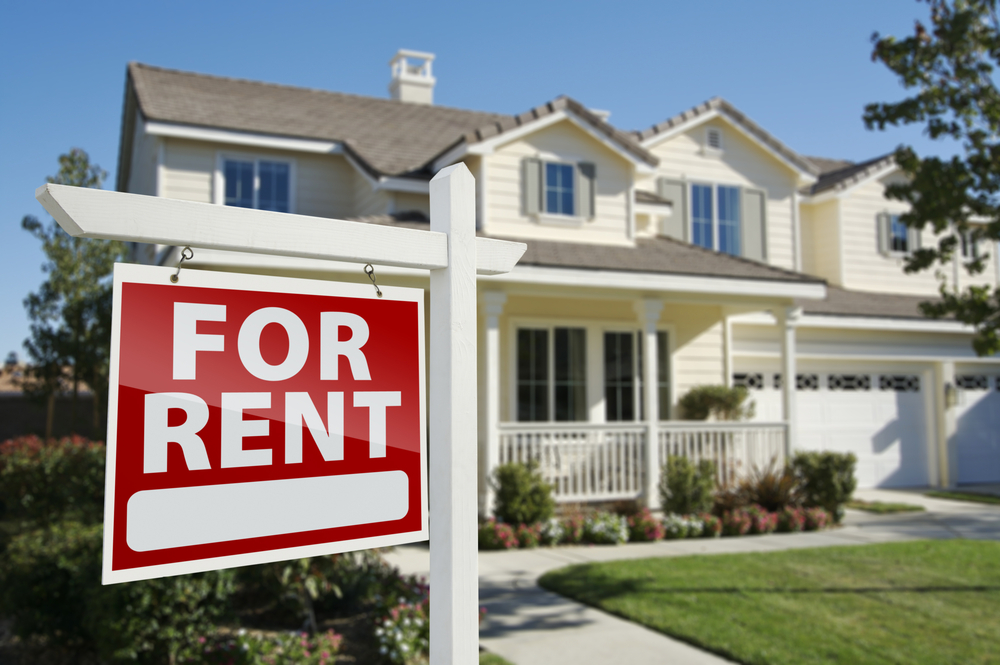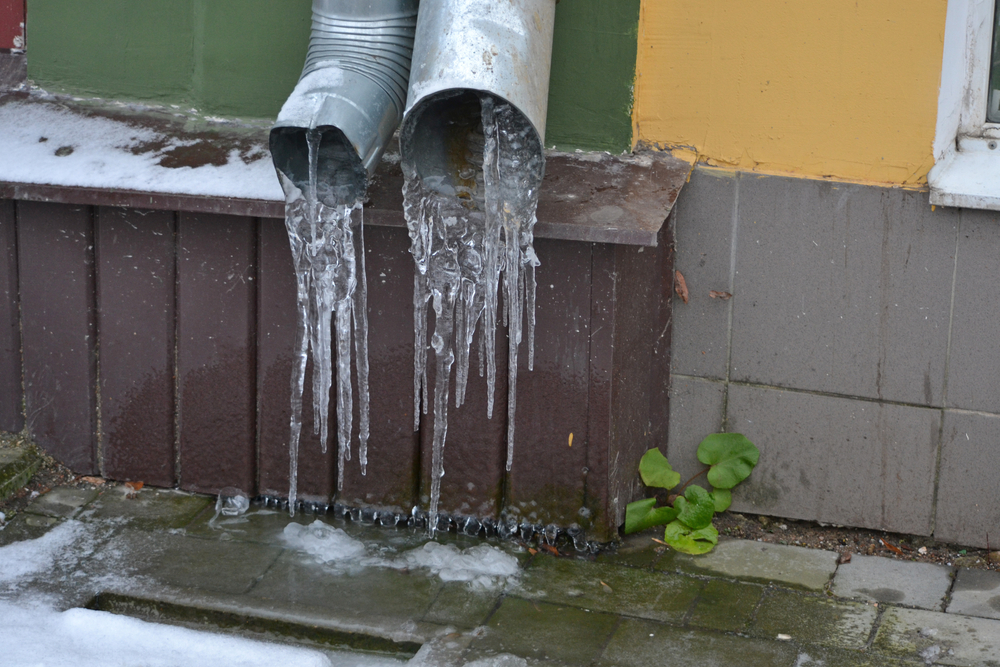
Transparent and consistent communication forms the bedrock of effective property management. Begin the transition by notifying your tenants about the forthcoming changes. Send them a formal notification and, if possible, arrange personal meetings to ensure they've received the information and clarify any concerns they might have.
It's essential to be prepared for some resistance, especially from high-demand tenants accustomed to contacting you directly. Patiently redirect their queries towards the new property manager, reinforcing that their concerns will be addressed promptly and professionally.
It might be tempting to continue aiding your tenants with their issues during the initial transition phase. However, it's critical to refrain from promising one-off interventions. This consistency ensures that tenants understand the new communication lines and helps to smoothly transition responsibilities to your new property manager.
Transitioning to professional management requires trust and delegation. You've chosen this professional for their expertise; it's vital to give them the authority to act on your behalf. Initially, questions and checks are natural, but gradually reduce this to let the manager independently oversee the operations. Set clear expectations about communication frequency and the type of issues you'd like to be informed about.
A competent property manager will dive into the work promptly, but it's important to understand that familiarizing themselves with the tenants and properties may take some time. A complete revamp cannot occur overnight, particularly when you own multiple properties. Consider discussing your top priorities with your manager, strategize on how to address the most pressing concerns, and understand the timeframe required.
A successful transition hinges on sharing comprehensive information with your property manager. Let them know about any challenging tenants and ongoing maintenance issues. Such openness will empower the manager to proactively handle these matters and formulate appropriate strategies, instead of being caught off guard.
An additional point to consider is to establish a regular review system. This can be in the form of monthly or quarterly meetings to assess the performance of the property manager and to address any potential issues. Regular reviews provide opportunities for feedback and course corrections, ensuring a healthy and productive working relationship.
Transitioning to professional property management is a strategic decision that can yield long-term benefits. However, patience and good communication are crucial during the adjustment period. Allow your new management team to acclimate to your properties and tenants, and take a well-deserved step back from daily property management hassles.

Learn how to rent out your house with expert tips on preparation, pricing, marketing, tenant screening, and management for new landlords.

Learn how to handle frozen pipes in rental properties, prevent damage, and when to call a plumber or property manager for fast, effective solutions.
We're proud to make partnering with us easy. Contact our team to connect with one of our industry experts and get started today.